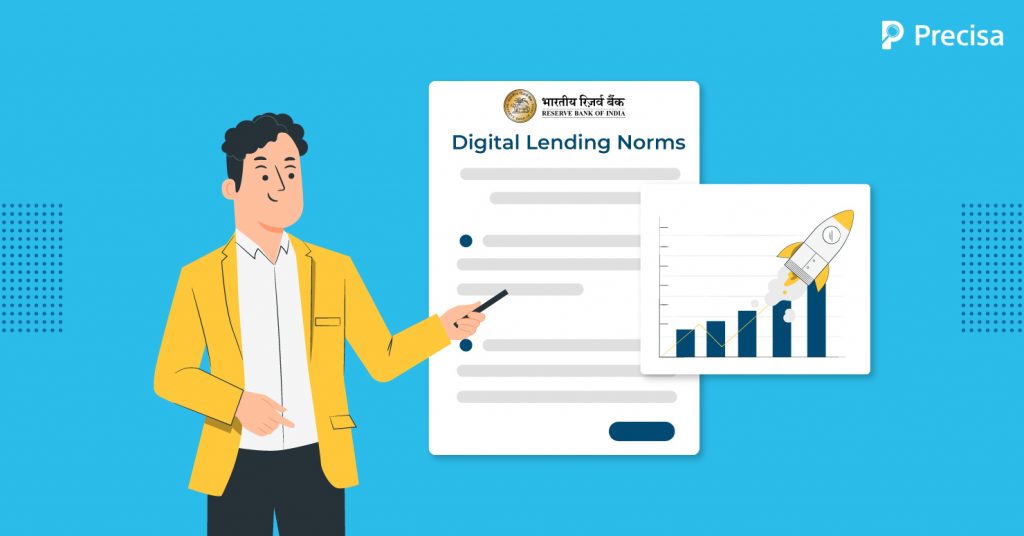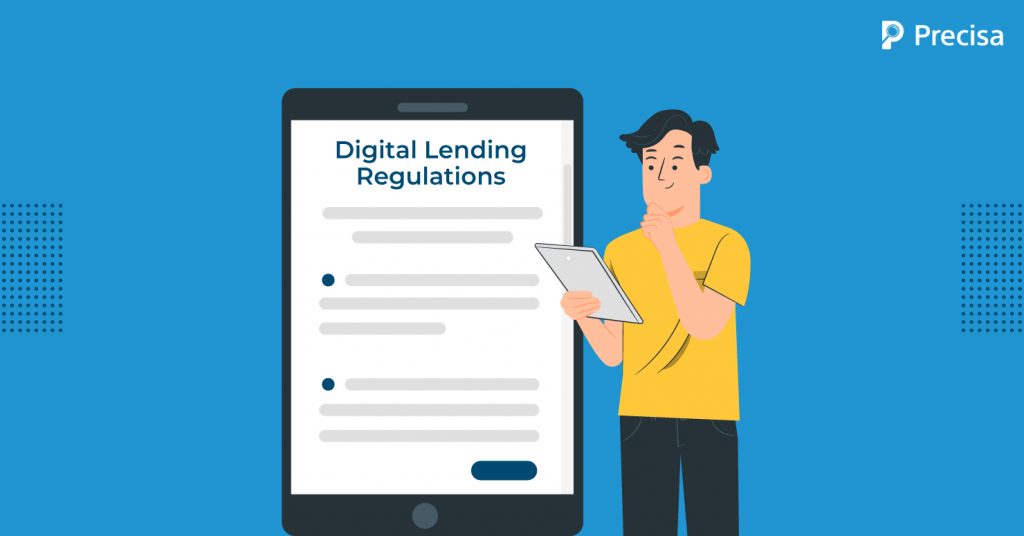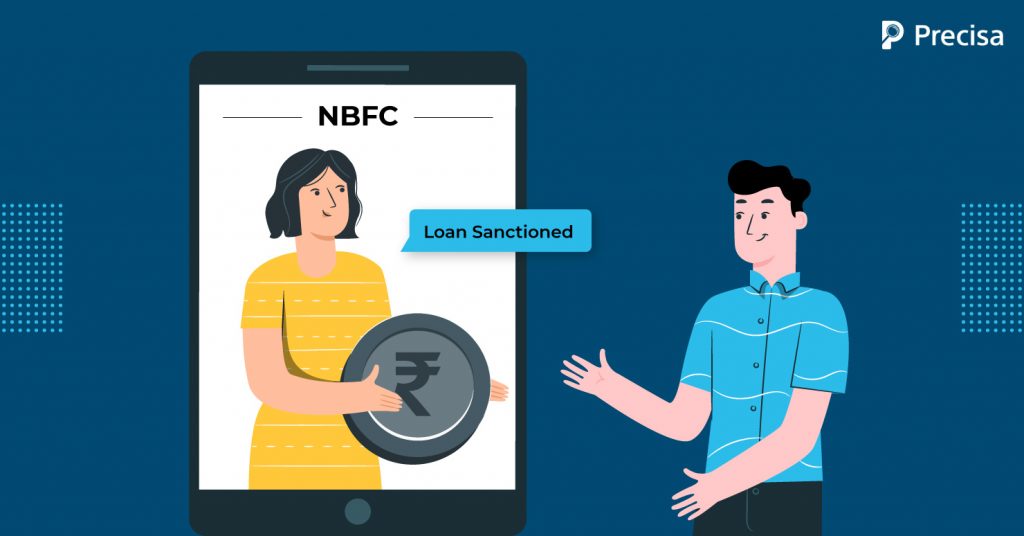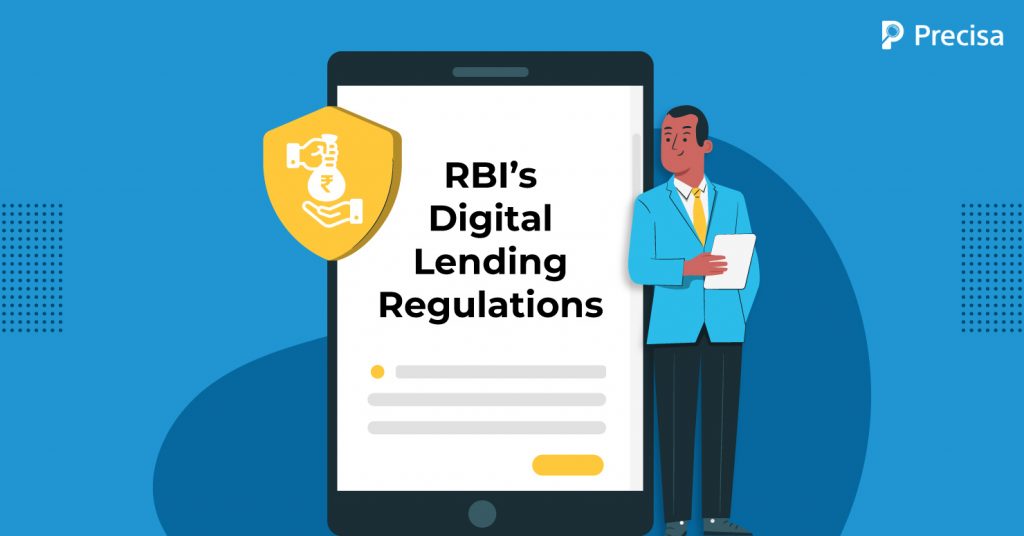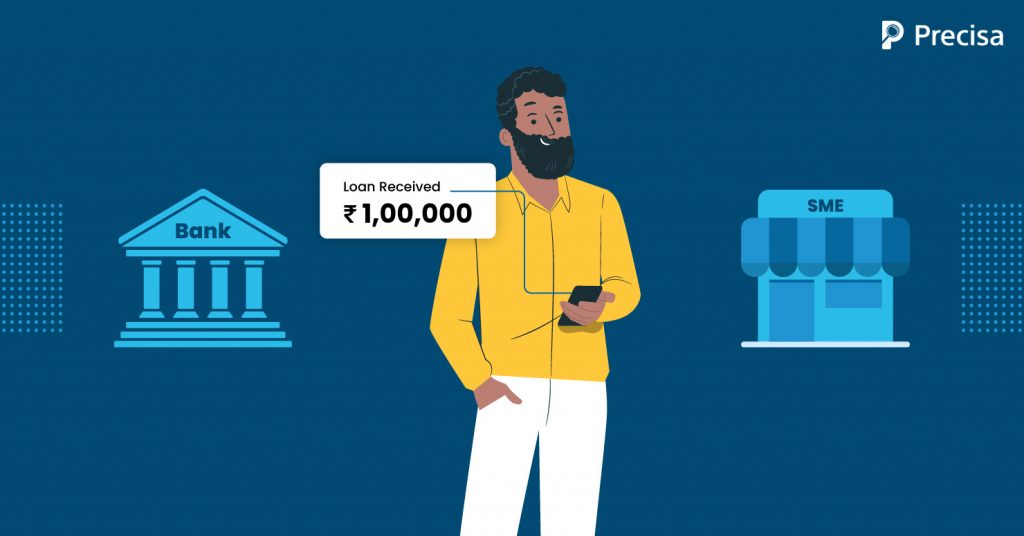BNPL stands for Buy Now Pay Later. It is a payment service that allows customers to postpone their final bill for some time, even after buying something. As the name implies, consumers may want to make a purchase before payday, and BNPL enables them to buy things without making full payment immediately. According to GlobalData, […]
RBI’s New Digital Lending Norms to Address Rising Financing Needs
According to Statista, the digital lending market has grown from 9 billion dollars in 2012 to nearly 150 billion dollars by 2020. It is projected to reach around 350 billion dollars by 2023. Along the same line, many experts believe 2023 will be a game changer for digital lending in India. This could be attributed […]
How RBI Guidelines Can Address Data Privacy Issues in Digital Lending
The banking industry has undergone a major digital transformation and has implemented cutting-edge technology after the Covid-19 pandemic. As a result of the recession and barriers to in-person channels, financing requirements have changed dramatically. A better client experience, faster turnaround time, and the use of artificial intelligence and machine learning have all contributed to the […]
Digital Banking Rules Encourage Creativity and Ethical Funding
The traditional banking sector in India has always been highly regulated. While this approach has created a haven for millions of consumers to meet their financial needs, it has also served as a barrier, keeping many outside the purview of the banking system. However, digital lending has emerged as a disruptor at scale. As of […]
4 Reasons NBFC Companies Are Succeeding in the Business Loan Landscape of India
Over the last few decades, non-financial banking companies (NBFCs) have become an essential part of the Indian financial system. Despite a lacklustre beginning in the 1960s, currently a significant number of business owners and retailers prefer taking loans from NBFCs over conventional banks. The arrival of NBFCs has transformed the business loan landscape in India. […]
Here’s Why NBFCs Are the Preferred Choice for Digital Lending
A report by the Reserve Bank of India (RBI) refers to the Non-Banking Financial Corporations (NBFC) as a “steady ship in choppy waters”. According to the report, the NBFC sector’s consolidated balance sheet exhibited double-digit growth in the quarter ending in December 2021. Credit disbursement also grew at a steady rate. In 2020, 60% of […]
Digital Lending Regulations: Bane or Boon?
The advent of technological innovations has radically changed customers’ banking habits. The widespread adoption of digital lending and payment methods following Demonetisation signalled the rise of India’s fintech-led Banking, Financial Services and Insurance (BFSI) system. Lending was the next banking activity to move to the digital space. The Indian digital lending market grew from a […]
5 Ways to Avoid Falling Prey to Illegal Digital Lending Transactions
As of September 29, 2022, India’s digital lending industry was valued at $200 Billion. The growth of this industry has created more credit opportunities for micro, small and medium enterprises (MSMEs) and other underserved segments. Several legitimate digital lending businesses have contributed to this growth. However, incidents of digital lending fraud are also on the […]
Digital Lending: Transforming the Future of Banks and SMEs
Fintech innovations are making revolutionary strides in the banking sector. They are altering the nature of banker-customer relationships, especially in lending to Small and Medium Enterprises (SMEs). Digital lending shifted the credit delivery process from the conventional lender-led mechanism to more proactive customed-based lending. This tectonic shift forced banks to reevaluate their business models and […]
Modifications in GSTR-3B Format: A Remedy for Fake Invoicing Issues?
Implementing Goods and Service Tax (GST) in 2017 was a significant step in India’s indirect tax reforms. The goal was to establish a unified taxation system across the nation. GST amalgamated many indirect taxes to avoid double taxation. The new policy aimed to ease business by installing centralised online procedures for filing GST returns (GSTR) […]


